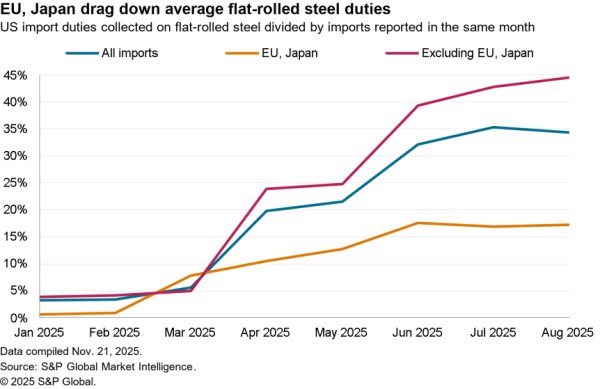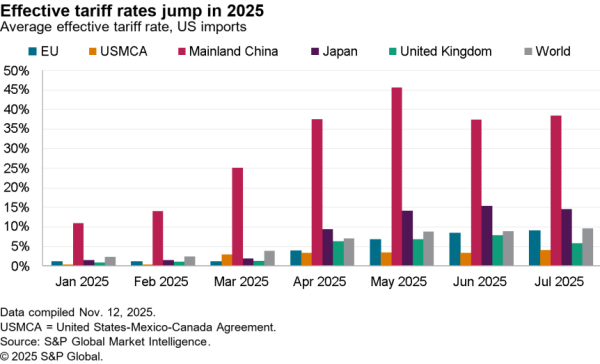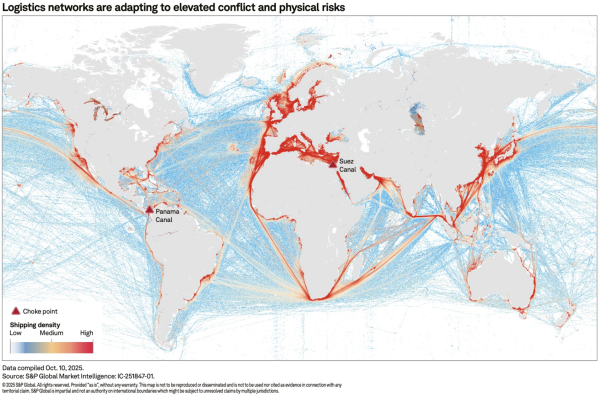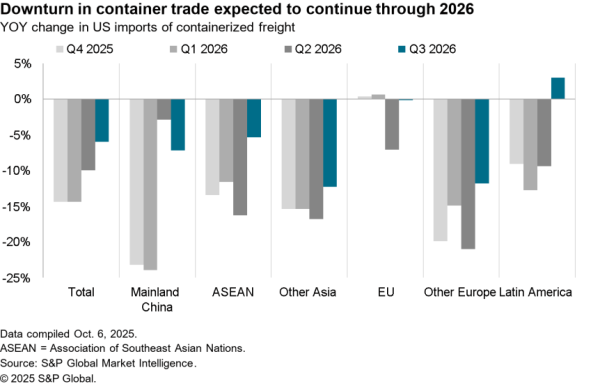Automaker General Motors announced it would close eight North American plants for the next two weeks, MarketWatch reports. The factories are reportedly not able to secure chips for the vehicles, an ongoing issue that has left many electronics-dependent firms scrambling for alternatives, including Nissan and Toyota, as discussed in Panjiva’s research of Aug. 12 and Aug. 25.
U.S. imports of semiconductors have risen, however, as companies rush to meet high demand for technology products. Imports by value increased by 51.4% year over year in Q2 and 52.2% year over year in July, and also surpassed 2019 levels. Imports of underlying products showed similar trends with chip imports increasing by 60.3% year over year while memory grew by only 11.7% in Q2.
These imports are not a welcome sign for companies like GM and Nissan, however, as the booming demand for chips as a whole likely hides the ability of specific manufacturers to acquire custom chips for their products. Chip manufacturers have an incentive to sell as many generic products as possible while demand is high, taking time away from more complex orders.
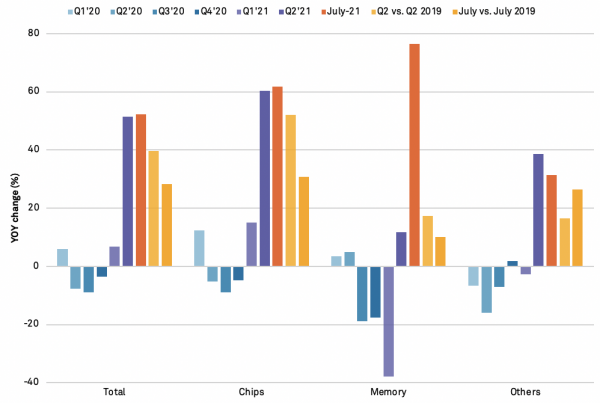
Source: Panjiva
Panjiva data on General Motors’ imports to the U.S. combined with Mexican exports shows that the company is heavily invested in manufacturing in Mexico, with 50.3% of shipments in the first seven months of the year originating there. This is an example of nearshoring as the company expanded Mexican imports after the pandemic. Mexico only accounted for 26.5% of imports in 2019 and sources closer to GM’s home market likely offered reduced logistics and production risk. The share of goods from South Korea increased by 2.9 percentage points while those from China and Europe grew by 2.0 percentage points and 2.4 percentage points respectively. Imports from other countries fell sharply.
This, again, is likely a response to risk in supply chains, indicating that GM is consolidating suppliers into known markets. Nearshoring is not without its own risks however, as litigation under USMCA has been initiated about a union vote at the GM plant in Guanajuato and disputes over stricter rule of origin requirements outlined by the U.S. as part of USMCA have been filed, according to Reuters. Both could cause disruption to GM’s supply chain if they escalate as decreased exports of passenger cars could bring economic fears to light.
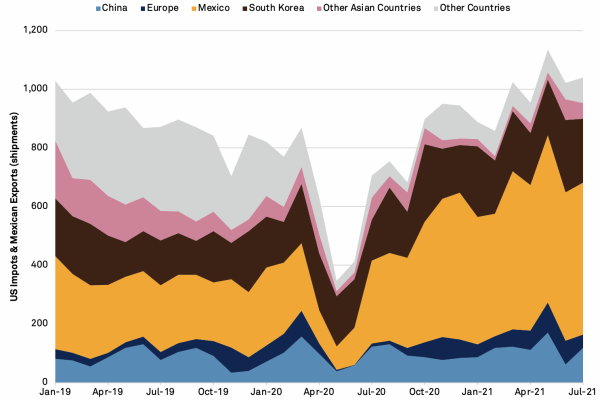
Source: Panjiva
